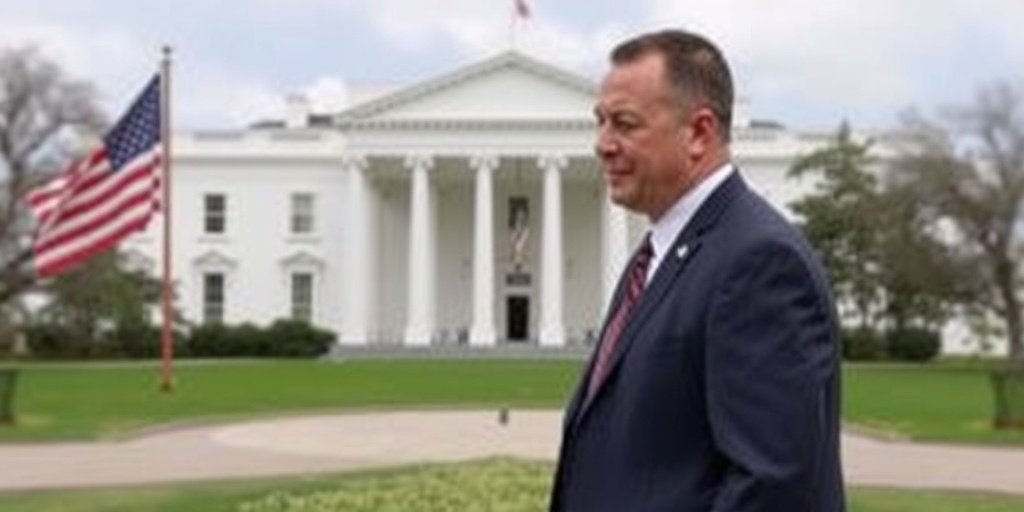Now Reading: Air Force Academy Halts Use of Diversity in Admissions Decisions
-
01
Air Force Academy Halts Use of Diversity in Admissions Decisions
Air Force Academy Halts Use of Diversity in Admissions Decisions

Title: Air Force Academy Ends Consideration of Race, Gender in Admissions Process Amid Lawsuits
The United States Air Force Academy, located in Colorado, has announced a significant policy change regarding its admissions process. In a recent filing by the Justice Department, the Academy will no longer consider race, gender, or ethnicity when evaluating applicants. This decision comes as a response to a lawsuit alleging discrimination for incorporating class diversity into admission criteria.
The Justice Department disclosed this development in a legal document submitted on Friday, emphasizing that Gwendolyn R. DeFilippi, the acting assistant secretary of the Air Force for Manpower and Reserve Affairs, issued a memorandum earlier this year. This memorandum explicitly eliminates “quotas, objectives, and goals based on sex, race, or ethnicity for organizational composition, academic admission, career fields, or class composition.” The implications of this policy shift suggest a broader movement within military academies to reassess how diversity factors into recruitment and admission processes.
Notably, the Air Force Academy is not alone in this transition. The United States Naval Academy has recently adopted similar changes. Last month, it was reported that Vice Adm. Yvette M. Davids, the Naval Academy’s superintendent, issued guidance that prohibits any consideration of race, ethnicity, or gender throughout the admissions process. This aligns with the Air Force Academy’s latest policy and emphasizes a growing trend among military institutions to embrace a merit-based evaluation system.
These changes followed specific legal challenges that sought to address perceived discriminatory practices in the admissions process. Both the Air Force and Naval Academies have proactively requested postponements in their respective court proceedings to allow time for their new policies to take effect. They have committed to providing progress updates to the court within 60 days, highlighting the institutions’ willingness to cooperate with the judicial system while implementing significant policy reform.
The decision to remove race, gender, and ethnic factors from the admissions process is grounded in directives issued by the Trump administration. A noteworthy point brought forth in the Justice Department’s filings is a January 27 executive order issued by President Trump, which mandated that “every element of the Armed Forces should operate free from any preference based on race or sex.” This directive has significantly influenced policy changes at both the Air Force Academy and the Naval Academy, signifying a robust commitment from the Department of Defense (DoD) to adhere to the principles outlined in the executive order.
Additionally, the Justice Department referenced a January 29 memorandum from Secretary of Defense Pete Hegseth, which reiterated that “no DoD Component will establish sex-based, race-based, or ethnicity-based goals for organizational composition, academic admission, or career fields.” This comprehensive directive underscores the Department of Defense’s commitment to promoting an admissions framework that prioritizes individual merit over group identity factors.
Critics of the move may argue that dismantling affirmative action policies can hinder diversity and inclusion efforts within the armed forces. The historical context of race and gender discrimination within military service has prompted various initiatives aimed at enhancing representation and ensuring equal opportunity for individuals from all backgrounds. However, proponents of the policy change argue that a merit-based system is necessary to ensure fairness and uphold the integrity of military admissions.
As the Air Force and Naval Academies navigate these changes, stakeholders across the country will be closely monitoring the impact of this new policy on the diversity of the military service. The long-term implications of this decision remain to be seen, particularly regarding how the military services will attract talent from a wide array of backgrounds without utilizing race, gender, or ethnicity as admission considerations.
This monumental shift in policy at two of the nation’s military academies underscores a pivotal moment in the ongoing national discourse around race, equity, and inclusion in education and beyond. As the legal and societal implications of these changes unfold, it will be crucial for military leadership and policymakers to engage with all stakeholders to foster an environment that balances meritocracy and representation within the Armed Forces.
Stay Informed With the Latest & Most Important News
Previous Post
Next Post
-
 01New technology breakthrough has everyone talking right now
01New technology breakthrough has everyone talking right now -
 02Unbelievable life hack everyone needs to try today
02Unbelievable life hack everyone needs to try today -
 03Fascinating discovery found buried deep beneath the ocean
03Fascinating discovery found buried deep beneath the ocean -
 04Man invents genius device that solves everyday problems
04Man invents genius device that solves everyday problems -
 05Shocking discovery that changes what we know forever
05Shocking discovery that changes what we know forever -
 06Internet goes wild over celebrity’s unexpected fashion choice
06Internet goes wild over celebrity’s unexpected fashion choice -
 07Rare animal sighting stuns scientists and wildlife lovers
07Rare animal sighting stuns scientists and wildlife lovers





















